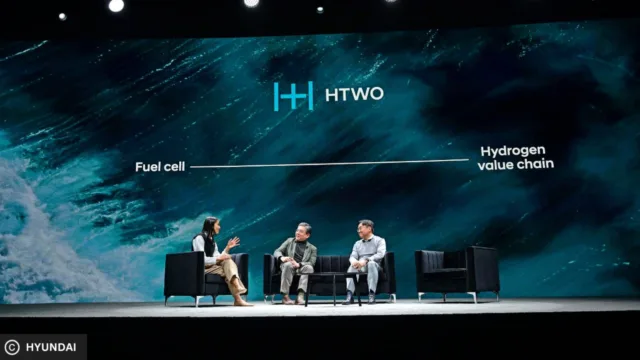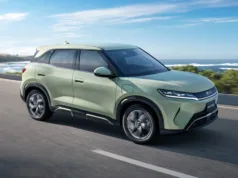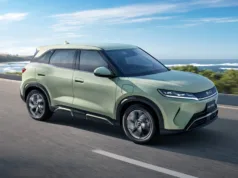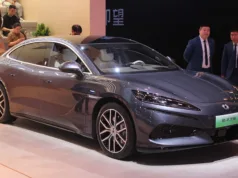
Electricity has become the go-to power source for most major mobility companies, from electric cars to electric bikes, trains, and even aeroplanes. Battery-operated power is a great alternative to petrol and diesel, offering far lower gas emissions. However, there are other sustainable options in the works, and Japan and Egypt are joining forces to show the world what’s in store.
Why has electricity been the go-to for so long?
Electric vehicles have become the main focus for more sustainable transport because they don’t give off exhaust fumes and can run on renewable electricity. With solar, wind, and even hydro power becoming more popular, electric mobility is only growing. Other forms of electric transport, like bikes, scooters, and trains, are also a big part of this shift, showing the various forms of mobility that batteries allow for.
Battery technology has improved a lot in the past few years, with longer ranges, faster charging, and lower costs. Electric motors are much more efficient than combustion engines, meaning less wasted energy. For cars, trains, and other vehicles, electricity also helps reduce noise pollution, making travel quieter and smoother while reducing local air pollution in cities.
Still, electricity isn’t perfect for every kind of transport. For longer distances without frequent stops, hydrogen might be better, because it stores more energy for its weight and can be refueled much faster than charging large batteries.
Japan and Egypt are joining forces to use hydrogen for sustainable travel
This year’s Smart Transport, Infrastructure, Logistics & Traffic for the Middle East & Africa expo saw Korea’s most successful railway provider, Hyundai Rotem, exhibiting its hydrogen-electric tram system that they aim to implement in Egypt’s upcoming administrative capital project, which will house millions of residents.
This zero-emission rail technology was displayed in a virtual reality simulation at the expo, showing the public what it would be like to ride in this green-hydrogen train across the country. They also showcased their entire green-hydrogen supply chain, exhibiting the sustainability of their fuel, which has been a major concern when producing hydrogen. One of the Hyundai Rotem officials stated:
“Based on our hydrogen technology capabilities that span from production to operation, we will promote an optimized comprehensive hydrogen solution for Egypt’s new administrative capital.”
The Korean company already has a presence in Egypt, providing more than 800 electric railcars across Cairo and Alexandria, and is now aiming to strengthen this foothold with the new capital.
Hyundai leaves electricity behind to focus on hydrogen
Hyundai Rotem is part of the Hyundai Motor Group, which has previously focused on electric transportation, but is now moving towards hydrogen fuel. This shift from electricity to hydrogen will come as a relief for other EV manufacturers such as Tesla and BYD, who have been top contenders but have been fighting Hyundai for sales.
With Hyundai shifting its focus to hydrogen power, the EV playing field is wide open for Tesla and BYD, who are now even thinking of collaborating on some futuristic vehicles that will blow the public away. For now, Hyundai will dedicate its resources to the hydrogen railway system, in the hopes of securing its place as the provider for the new Egyptian city.
This hydrogen railway system is the next step in the two nations’ ongoing collaboration, and it is clear that great things lie ahead for the sustainability of transport in Egypt. Other nations have started building hydrogen trains as well, but with Rotem’s expertise, the Egyptian trains are set to outshine these by far.
Disclaimer: Our coverage of events affecting companies is purely informative and descriptive. Under no circumstances does it seek to promote an opinion or create a trend, nor can it be taken as investment advice or a recommendation of any kind.









